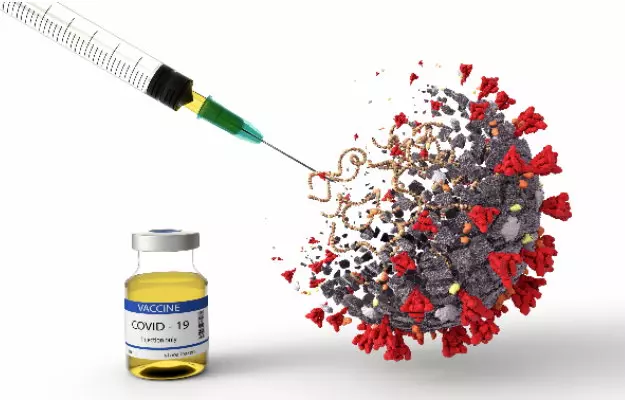Russia’s COVID-19 vaccine candidate codenamed Sputnik-V has been successful at inducing an immune response against the new coronavirus infection, according to the results of the study published in the scientific journal Lancet.
Russia, which has been severely affected by the COVID-19 pandemic in recent months, became the first country to approve a vaccine against the respiratory infection caused by the SARS-CoV-2 virus on 11 August, and has been derived from two adenovirus vectors, which are the common viruses behind the common cold infection among people.
Read more: Why is it taking so long to develop a vaccine for COVID-19
According to the report published on 4 September, every participant in two small trials conducted over the months of June and July indicated that they had developed antibodies against the coronavirus without any serious side effects.
Sputnik-V vaccines were tried with two formulations on 76 people during non-randomized trials in the initial phase, which were found to be safe during the 42-day observation. These doses have been claimed to produce antibody response in the body of the participants within 21 days. The researchers have also claimed to have seen T cell responses in participants under the influence of the vaccine, which is important for having long-term immunity against the viral infection.
Read more: T cells help where antibodies don’t in COVID-19 infection
However, it must be emphasised that the number of participants that the trial recruited is not enough to prove the vaccine to be completely safe and competent. A vaccine formulated against a disease is considered to be truly competent and safe when it is tried on thousands of participants as part of the final trial. Russia recently announced that it would include as many as 40,000 people in its next phases of the trial to test the effectiveness of the vaccine.















